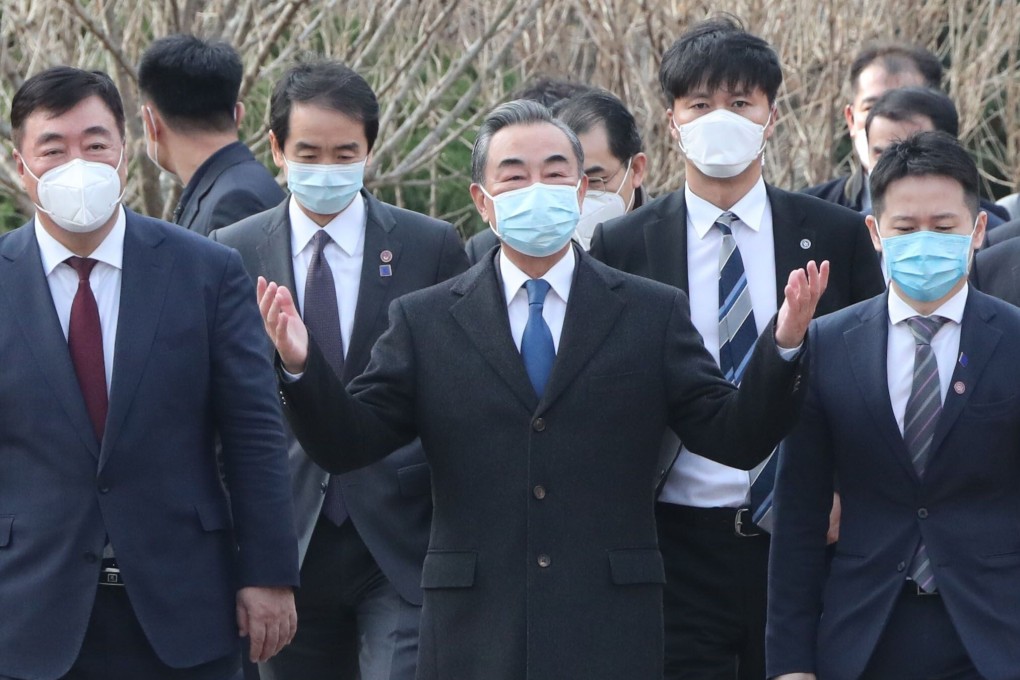China makes final effort to court Japan and South Korea as Donald Trump heads for the exit
- Foreign Minister Wang Yi visited the two key US allies last week in an effort to forestall any attempts to build a united front against Beijing
- China fears the Biden administration will not herald an immediate shift in Washington’s stance

Chinese Foreign Minister Wang Yi toured Japan and South Korea last week in a bid to court the key US allies, but the prospect of a new president in the White House cast a long shadow over his efforts.
The trip also offered an opportunity to gauge the countries’ attitudes towards the incoming Biden administration, and Wang wrapped up his four-day trip on Friday with mixed results.
Observers say Wang’s trip is part of Beijing’s efforts to pre-empt the emergence of a stronger anti-China coalition between Washington, Tokyo and Seoul.
Wang’s visit, initially scheduled for before the US election, also comes as both Japan and South Korea face a difficult balancing act between China, their top trading partner, and the US, their key security ally.
Trump has caused concern among many US allies by questioning the value of these relationships and complaining about the financial burden they impose on Washington. His complaints about the cost of basing troops in South Korea and overtures to the North Korean leader Kim Jong-un have also strained relations with Seoul.